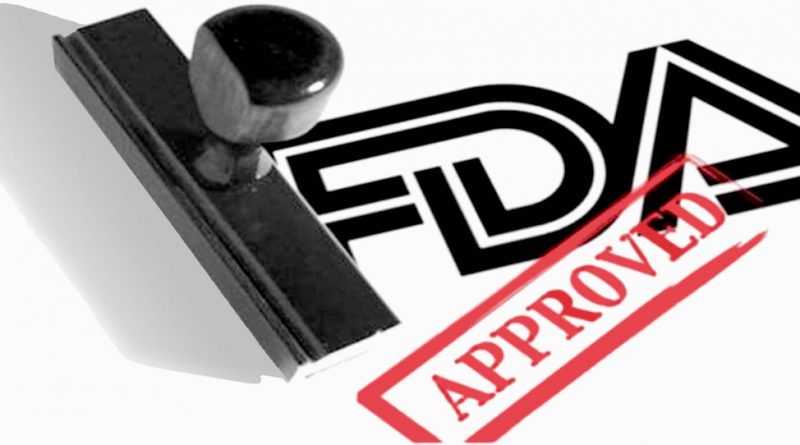Sidel announces FDA approval of its Aseptic Combi Predis Blow Fill Seal filler for low acid product
Sidel has received Food and Drug Administration (FDA) approval for its Aseptic Combi Predis FMa blow fill seal filler following tests run at a dairy customer in North America. This means that the Sidel Aseptic Combi Predis FMa PET filler is validated for low acid manufacturing and commercial distribution in the United States market. The Sidel Aseptic blow fill seal solution is the world’s first aseptic PET filling equipment with dry preform sterilisation approved by FDA.
Independent evaluation from experienced organisation
The Process Authority for the Sidel aseptic filler was Dover Brook Associates (DBA). DBA applied their 30 years of professional experience in sterile processes to validate the scheduled processes of the Aseptic Combi Predis. Using a scientific-based approach of specific tests and acceptance criteria, DBA was able to prove that the scheduled processes were in compliance with the predicate rules and expectations of the FDA so that the equipment could produce a commercially sterile low acid product.
Sidel’s key accounts, along with co-packers and local brands, have been manufacturing low and high acid products using PET line applications for nearly 10 years. This regulatory acceptance demonstrates how the Sidel patented technology is 100% safe for the packaging of UHT milk, soymilk, coconut water, or teas in PET bottles, sold through the ambient chain market in the US and the rest of the world.
DBA conducted a detailed review of the design, critical factors, and the sterile zone boundaries. The stringent validation tests were performed on a commercial filler producing aseptic UHT milk, and all the tests were successfully passed. “We accumulated more science from these tests performed with DBA. They challenged and validated the process and the technology itself”, explains Arnaud Poupet, Aseptic Product and Platform Manager at Sidel. DBA concluded that the minimised sterile zone provided a safe and successful aseptic process that produced a commercially sterile, hermetically sealed bottle. “DBA’s testing demonstrated that the sterile zone during the blowing process was the critical component, not the blow-moulding zone itself, which was due to the Sidel patented dry-preform sterilisation technology”, comments Poupet. The scheduled processes require minimal critical factors, which have to be monitored during the production, cleaning and sterilisation phases of the aseptic process. The critical parameters are continuously monitored to ensure full production sterility, beverage integrity and food safety. “Our best warranty for food safety is simplicity, because a line with a small sterile zone and minimal critical factors is managed more safely, easily and effectively,” continues Poupet.

